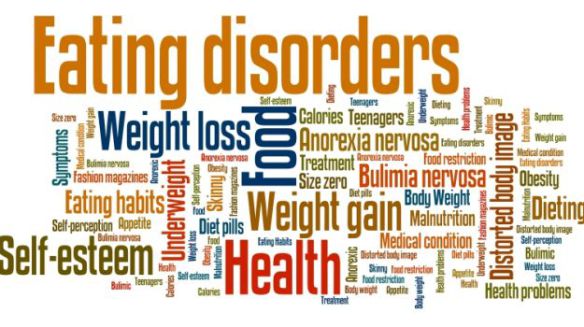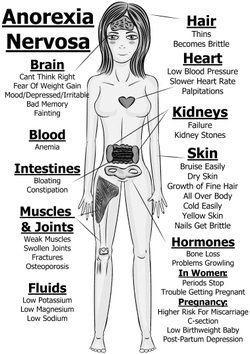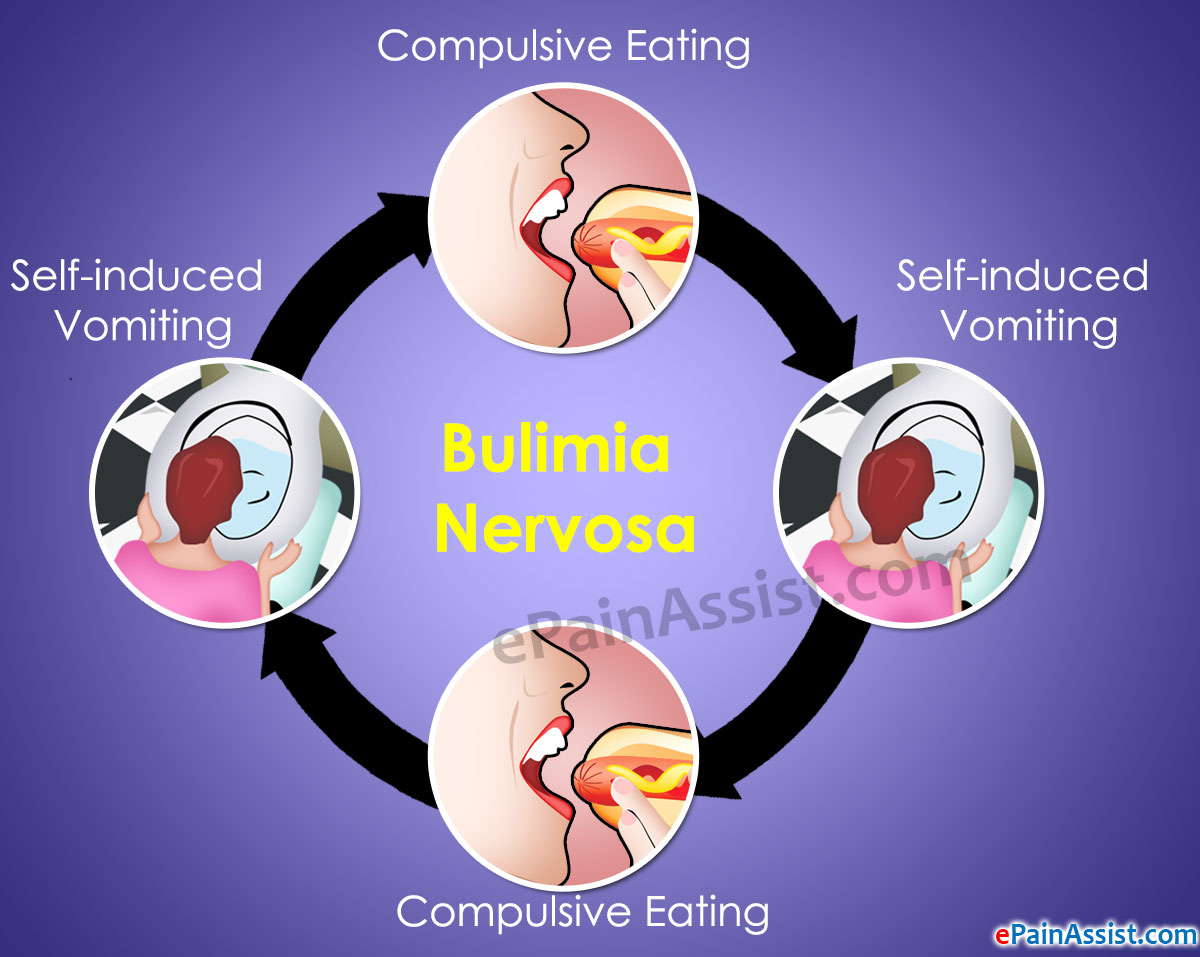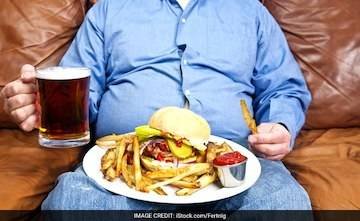There are moments our eating habits provoke an unwelcome feeling of discomfort and also times where we do not recognize the habits we have made of our eating such that it's effects are unseen.
Eating disorders
An eating disorder is a mental disorder defined by abnormal eating habits that negatively affect a person's physical or mental health.
Types
the most common eating disorders include:
Anorexia nervosa (AN):
characterized by lack of maintenance of a healthy body weight, an obsessive fear of gaining weight or refusal to do so, and an unrealistic perception, or non-recognition of the seriousness, of current low body weight.
Symptoms
- Extremely restricted eating
- Extreme thinness (emaciation)
- Intense fear of gaining weight
- Distorted body image, a self-esteem that is heavily influenced by perceptions of body weight and shape, or a denial of the seriousness of low body weight
Bulimia nervosa (BN):
characterized by recurrent binge eating followed by compensatory behaviors such as purging (self-induced vomiting, eating to the point of vomiting, excessive use of laxatives/diuretics, or excessive exercise). Fasting and over-exercising may also be used as a method of purging following a binge.
Symptoms
- Chronically inflamed and sore throat
- Swollen salivary glands in the neck and jaw area
- Acid reflux disorder and other gastrointestinal problems
- Intestinal distress and irritation from laxative abuse
- Severe dehydration from purging of fluids
- Electrolyte imbalance (too low or too high levels of sodium, calcium, potassium and other minerals) which can lead to stroke
Binge Eating :
characterized by loss of control over eating. Unlike bulimia nervosa, periods of binge-eating are not followed by purging, excessive exercise, or fasting. As a result, people with binge-eating disorder often are overweight or obese.
Symptoms
- Eating unusually large amounts of food in a specific amount of time
- Eating even when you're full or not hungry
- Eating fast during binge episodes
- Eating until you're uncomfortably full
- Eating alone or in secret to avoid embarrassment
- Feeling distressed, ashamed, or guilty about your eating
- Frequently dieting, possibly without weight loss
Others
PICA : where people eat non-food items.
Rumination : where people regurgitate food.
Restrictive Food Intake Disorder :where people have a lack of interest in food.
Causes
The causes of eating disorders are not entirely clear, however the following factors could be predisposed;
- genetics
- psychological factors perfectionism, low self esteem, stress)
- personality traits
- environmental influences
Prevention
- Individual protective factors, such as high self-esteem, confidence and positive body image
- Family protective factors, like family connectedness, happiness and healthy eating behaviours
- Socio-cultural factors, such as a reduced emphasis on weight and physical appearance
Food is very important but let's take note of these disorders




I'm practising this health tips from now onwards.@w4c
Downvoting a post can decrease pending rewards and make it less visible. Common reasons:
Submit
That's a great Bro, it will help you a lot
Downvoting a post can decrease pending rewards and make it less visible. Common reasons:
Submit
Ive been going on about my eating habits all wrong..........thanks bro
Downvoting a post can decrease pending rewards and make it less visible. Common reasons:
Submit
You're welcome
Downvoting a post can decrease pending rewards and make it less visible. Common reasons:
Submit
I've said there is medicine like eating well,we are what we eat and who we are is what we eat.
Good work done @w4c
Downvoting a post can decrease pending rewards and make it less visible. Common reasons:
Submit
Thank you @awuahbenjamin
Downvoting a post can decrease pending rewards and make it less visible. Common reasons:
Submit
Hahaha..sometimes you just need to be angry when you are hungry..thanks for this though @w4c
Downvoting a post can decrease pending rewards and make it less visible. Common reasons:
Submit
Lol @mcsamm
Downvoting a post can decrease pending rewards and make it less visible. Common reasons:
Submit
Thank you for spreading information about eating disorders!
Downvoting a post can decrease pending rewards and make it less visible. Common reasons:
Submit